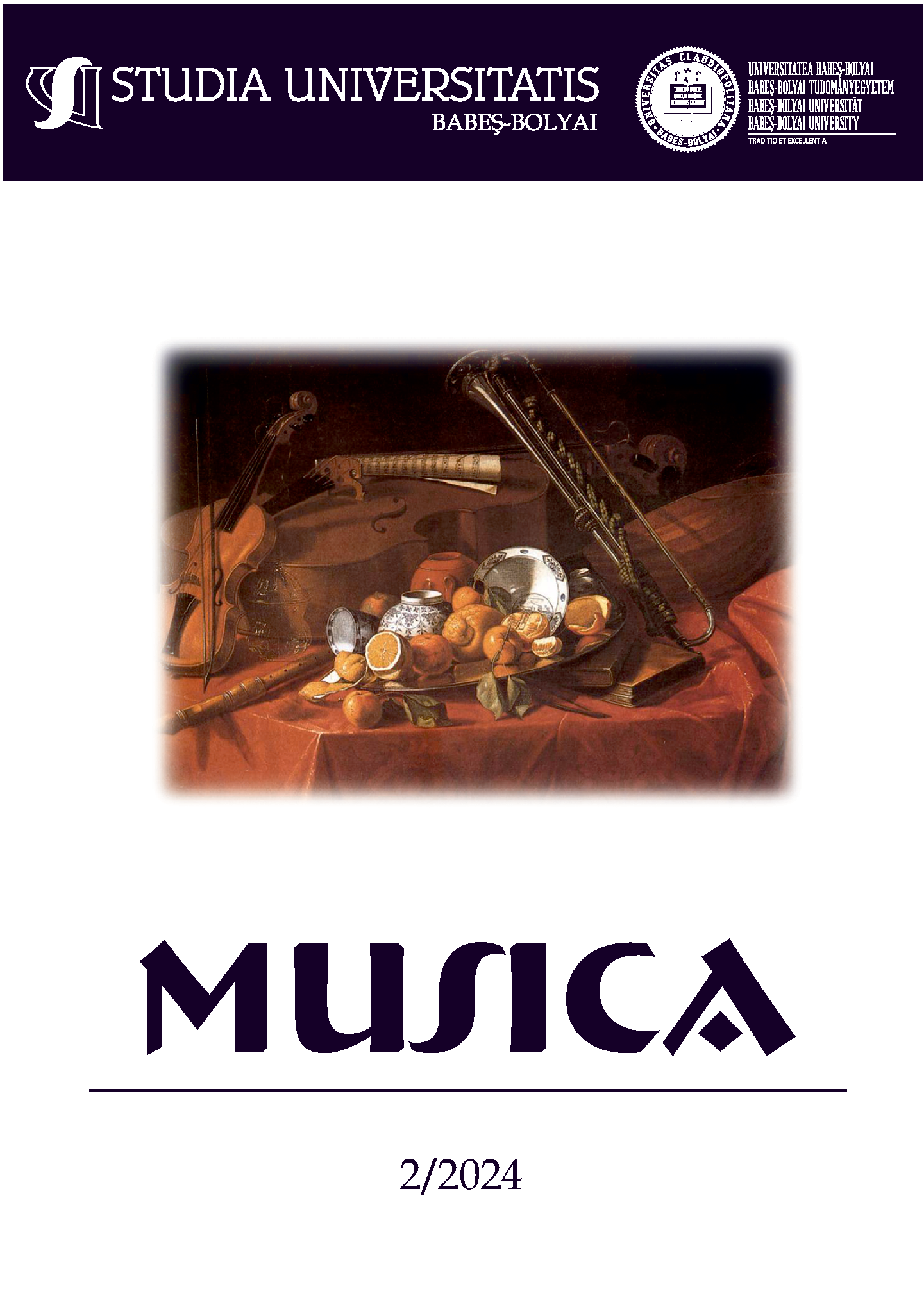Creativity and Censorship in Music: ‘Like the Danube Carving Through a Mountain, It Produces Wonders’ – A Dialogue With Adrian Pop
DOI:
https://doi.org/10.24193/subbmusica.2024.2.01Keywords:
Censorship, creativity, Adrian Pop, Communist era, Romanian RevolutionAbstract
The article delves into the effects of censorship on artistic expression, drawing on the insights of composer Adrian Pop. In commemoration of the 35th anniversary of the Romanian Revolution, the conversation sheds light on how censorship influenced music during the Communist era and how composers ingeniously maneuvered through its constraints. Adrian Pop highlights that, while censorship enforced strict boundaries, it did not completely suppress creativity, which persisted and thrived, much like the Danube carving its path through mountains. The article explores the dynamic between censorship and self-censorship, illustrating how propaganda often acted as a counterpart to censorship. Additionally, it touches on the significance of folklore in music and the gradual shift of composers toward experimentalism, despite the regime’s restrictive environment.
Downloads
Published
How to Cite
Issue
Section
License
Copyright (c) 2024 Studia Universitatis Babeș-Bolyai Musica

This work is licensed under a Creative Commons Attribution-NonCommercial-NoDerivatives 4.0 International License.



